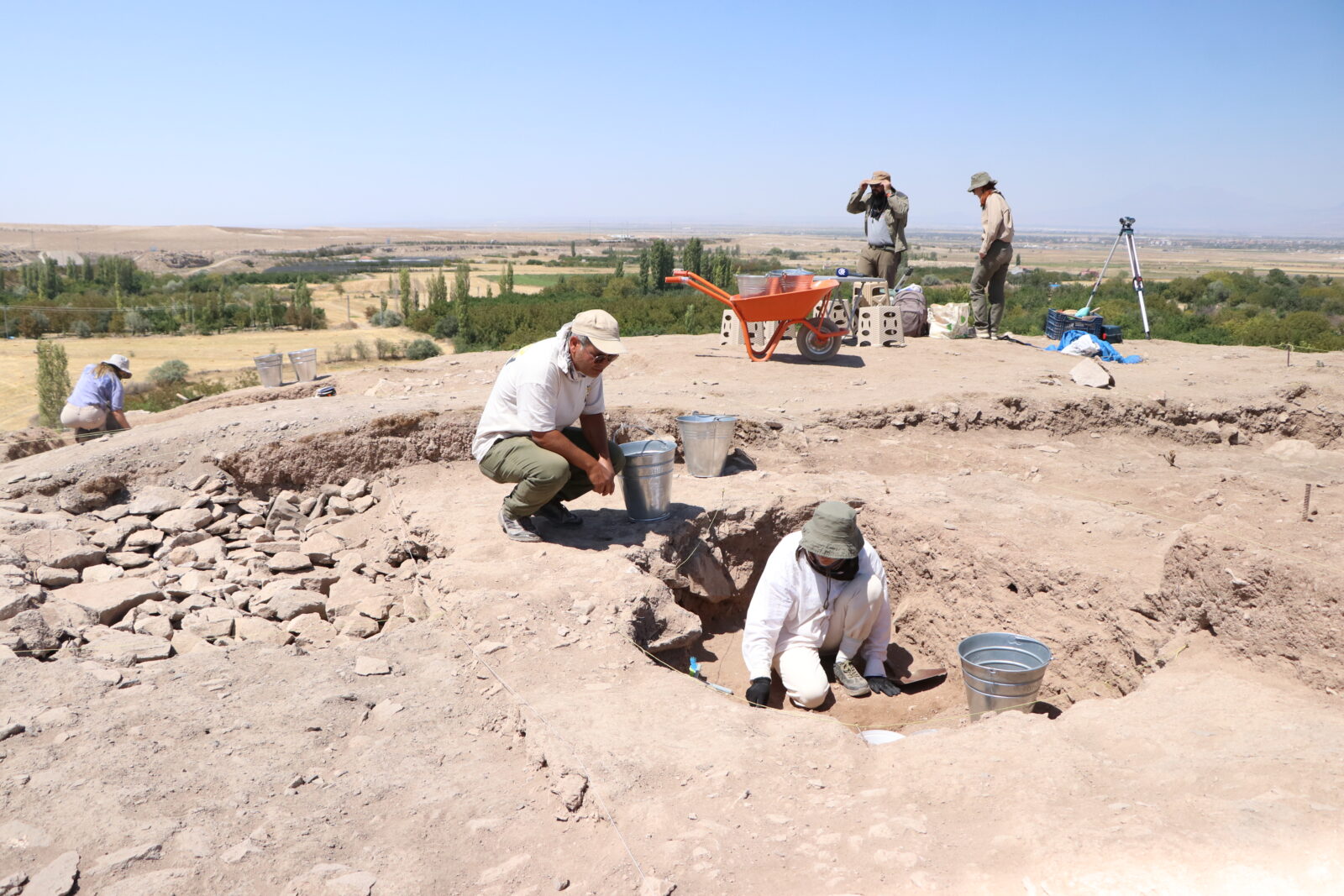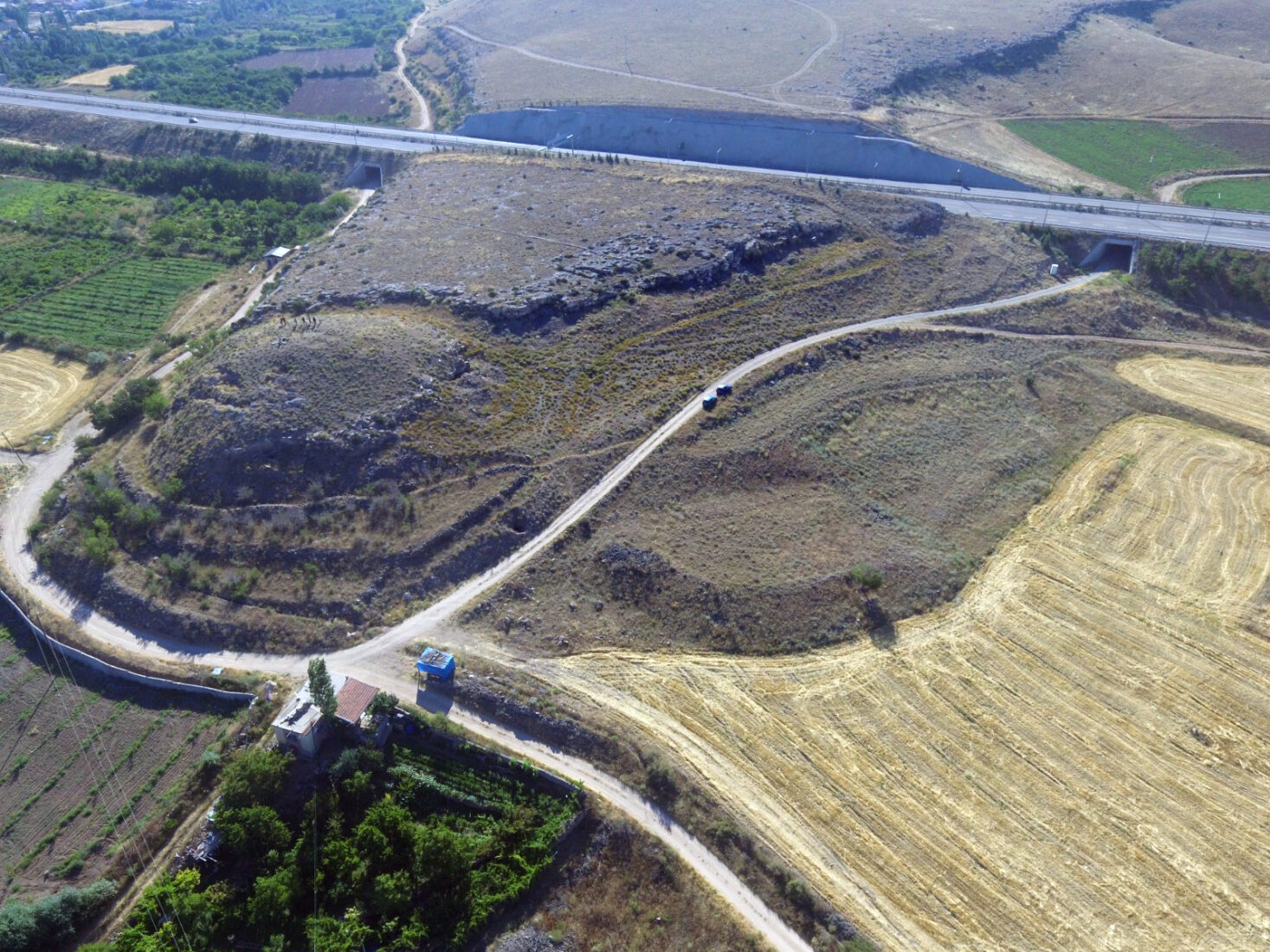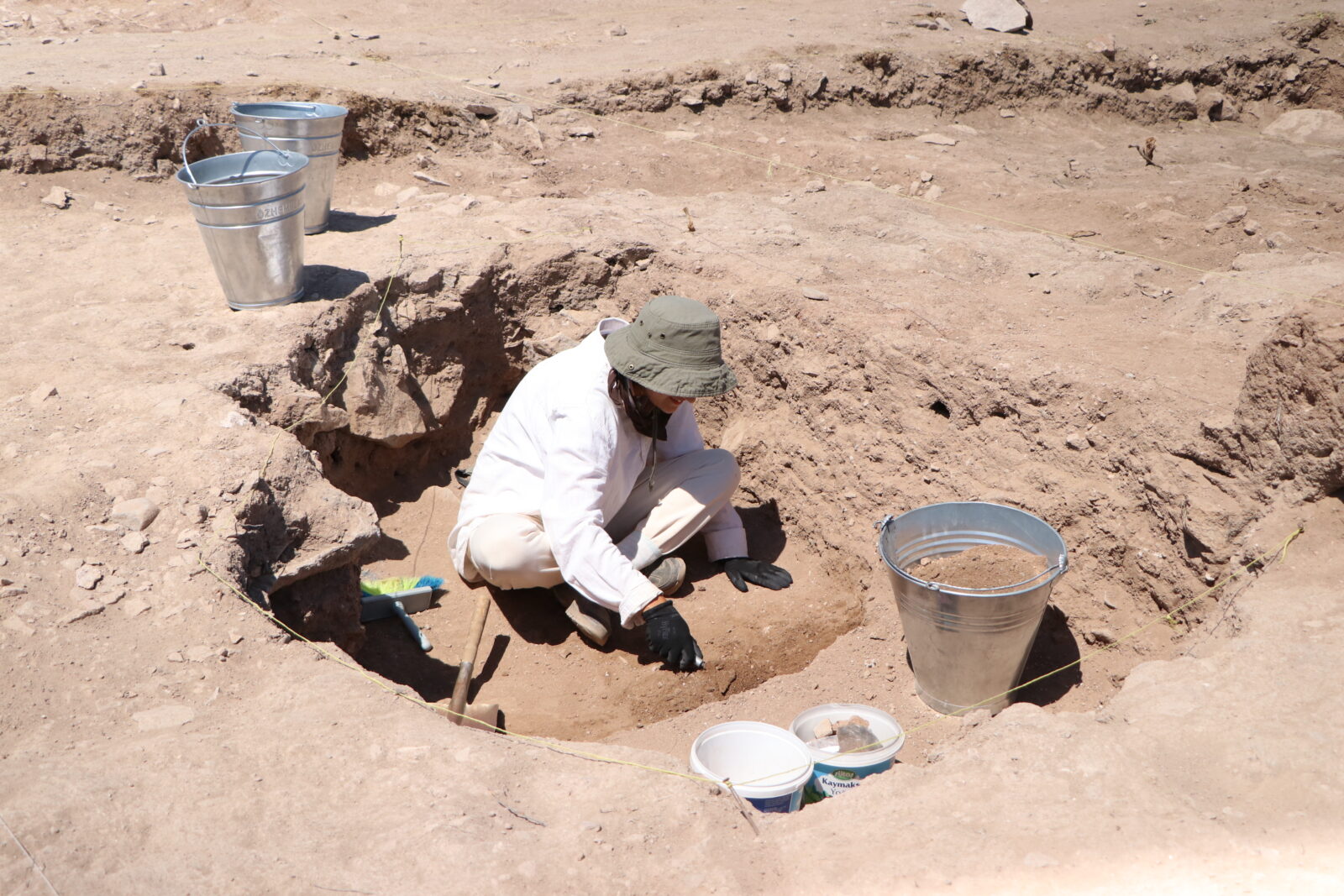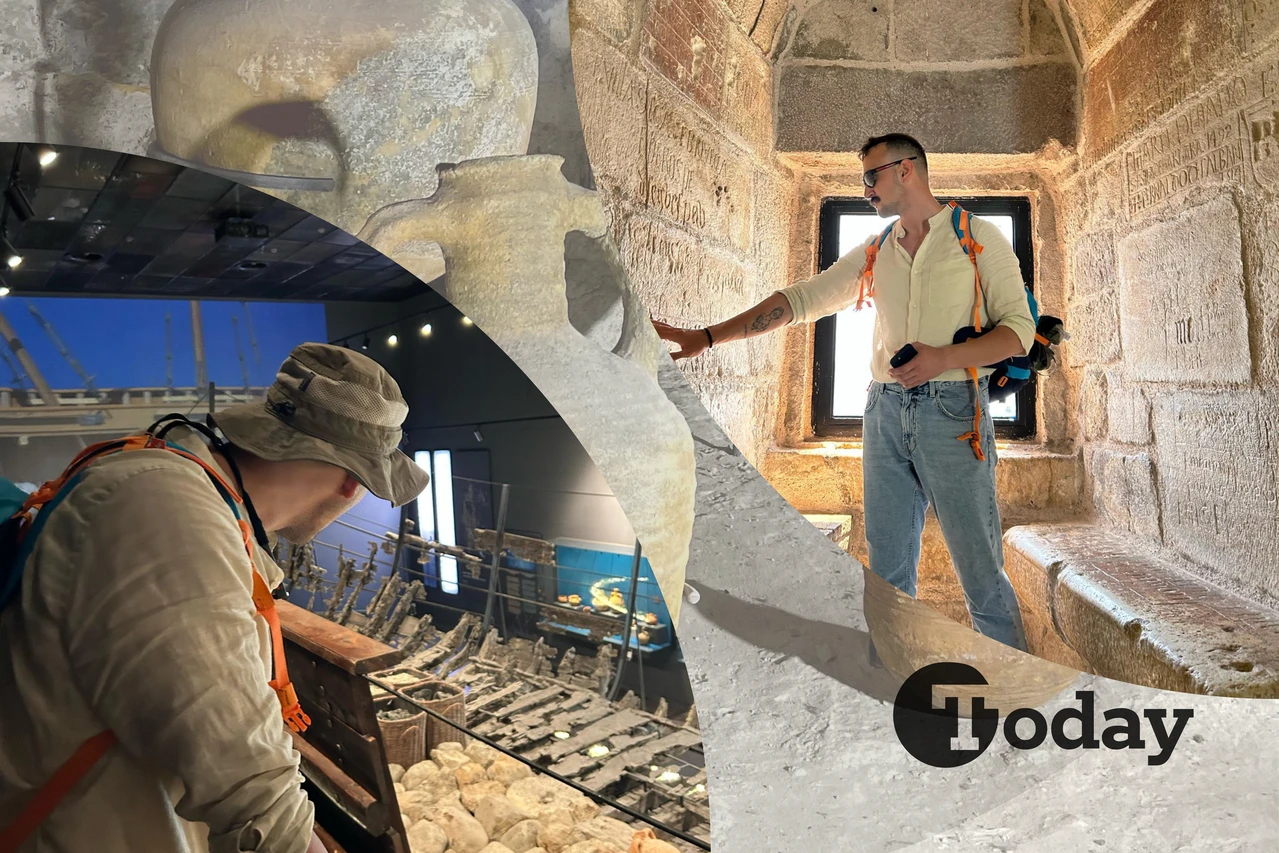Traces of elite class in Chalcolithic Period uncovered at Türkiye’s Bekcitepe Hoyuk
 Excavations at Bekcitepe Hoyuk in Bor district of Nigde, Türkiye, August 29, 2024 (AA Photo)
Excavations at Bekcitepe Hoyuk in Bor district of Nigde, Türkiye, August 29, 2024 (AA Photo)
Recent excavations at Bekcitepe Hoyuk near Havuzlu village in Bor district have unveiled evidence suggesting the formation of an elite class during the Middle Chalcolithic period.
Associate professor Abdullah Hacar, head of the excavation team from the Archaeology Department at Hitit University, shared groundbreaking findings that shed light on the socioeconomic transformations of ancient societies.
Bekcitepe Hoyuk, located near Nigde’s Bor district, has long been a focus of archaeological research. For the past five years, surface surveys have hinted at its importance, particularly during the Chalcolithic period. These findings led to the initiation of extensive excavation work in 2022, revealing significant insights into the region’s ancient inhabitants.

New economic and political order emerges
Hacar highlighted that during the Middle Chalcolithic period, approximately 7,000 years ago, societies in the region underwent significant shifts. Unlike earlier periods where settlements were confined to plains, this era saw the emergence of permanent settlements in mountainous areas.
“This transition indicates a new economic and political order. The mountainous regions, once deemed unsuitable for permanent settlement, were transformed, likely due to advancements in specialized pastoralism and extractive metallurgy. These areas became vital sources of raw materials and supported permanent communities,” explained Hacar.
The Bekcitepe excavation revealed a distinct settlement pattern, reminiscent of the upper and lower settlement types previously identified at Aksaray’s Guvercinkayası Hoyuk. This pattern suggests a complex socio-economic structure in which the elite class played a pivotal role.

Evidence of elite class
One of the most intriguing discoveries at Bekcitepe is the evidence of an emerging elite class. Hacar described how architectural remains, such as a stone platform topped with a mudbrick structure, suggest that this elite group elevated themselves, both literally and figuratively, above the rest of the society.
“These are very recent findings, and while our interpretations are ongoing, it is clear that this elite group distinguished themselves from the broader community. The stone and mudbrick platform is a prime example of how they physically positioned themselves above others,” Hacar added.

Role of elite in organizing society
The Chalcolithic period marked the beginning of modern social structures and institutions. Hacar emphasized that this era witnessed the first instances of division of labor and specialization, laying the foundation for future societal developments.
“New approaches to product storage and resource management emerged during this time. More importantly, an elite class arose, organizing and overseeing these processes. The stratification observed at Bekcitepe provides a clear view of these developments, with layers dating back to the late Neolithic and early Chalcolithic periods, followed by the Middle Chalcolithic changes, and culminating in the early phases of the late Chalcolithic period,” Hacar concluded.
This discovery not only adds a new chapter to the history of the Chalcolithic period in Türkiye but also offers valuable insights into the origins of social hierarchy and economic organization in ancient civilizations.



